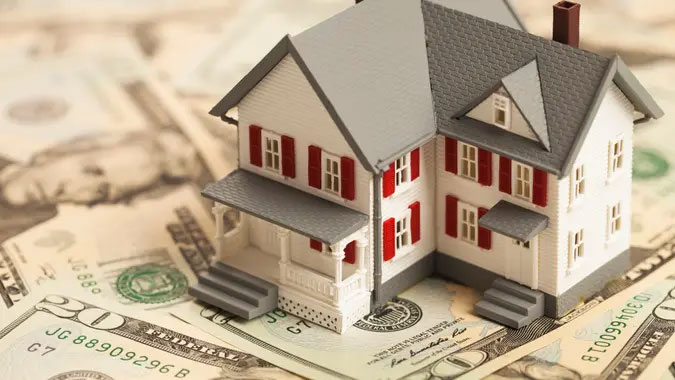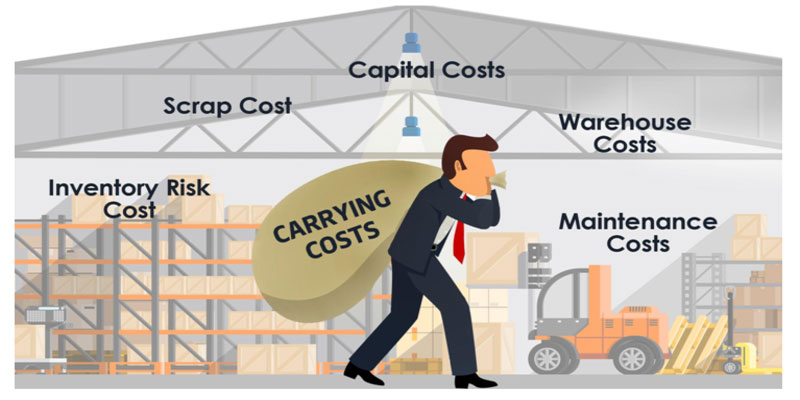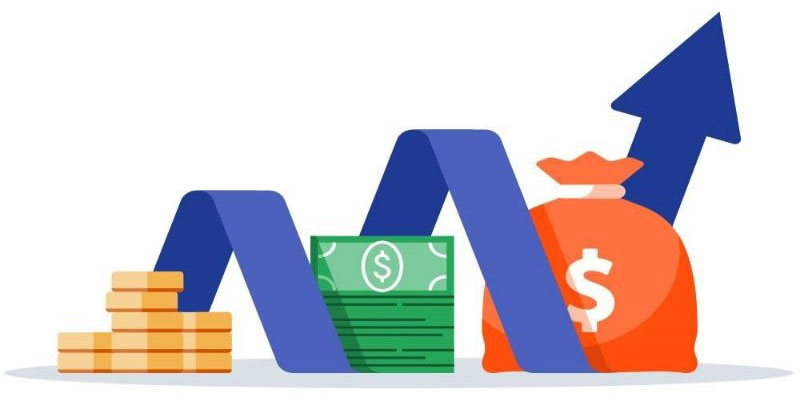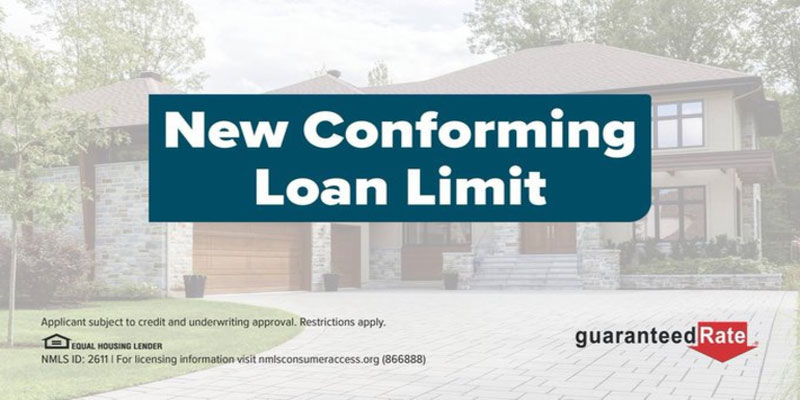Should You Refinance Your Mortgage When Interest Rates Rise?
May 26, 2025 By Kelly Walker
When mortgage interest rates rise, homeowners may be tempted to refinance their loans and take advantage of the increased rate. While this can be a great way to save money in the long run, you must pay attention to all aspects of your refinancing journey and understand the potential risks to make an informed decision.
We'll explore what you should consider before deciding if refinancing is right for you when interest rates rise.
Refinancing and How Does it Affect Your Mortgage Payments

Refinancing replaces your existing mortgage loan with a new one, typically at a lower interest rate. This can result in lower monthly payments and potentially thousands of dollars saved over the life of the loan.
However, this is only sometimes the case, as there may be other costs associated with refinancing that you should consider before making the switch. It's important to carefully research and weigh all options before committing to any refinance.
Should You Refinance When Interest Rates Rise?

Refinancing may seem ideal for reducing your mortgage payments when interest rates are rising, but this isn't always true. Refinancing may make sense if you plan on staying in your home for a long time, even if rates are rising. This is because a lower interest rate for the life of the loan can save you thousands in interest payments over decades.
If you need to figure out how long you'll stay in your home or if there's a chance that you could move soon, then refinancing when rates are rising might not be the best option. This is because any closing costs associated with refinancing will likely outweigh any benefits from a lower interest rate.
If you plan on moving before the break-even point — meaning before the interest savings match up with any fees and costs associated with refinancing — then it makes more sense to avoid refinancing altogether.
Benefits of Refinancing in a Rising Interest Rate Environment
Despite the potential risks associated with refinancing, some benefits remain to take advantage of a rising rate environment. These include:
- Lowering your monthly mortgage payments by switching to a loan with a lower interest rate or extending the term of your loan.
- Access to cash from tapping into home equity.
- Take advantage of an adjustable-rate mortgage offering a low introductory rate to help you pay off your loan faster.
- Converting from a variable rate to a fixed-rate mortgage, you won't have to worry about rates changing over the life of your loan.
- Refinancing into a shorter term, such as 15 years instead of 30, to save on interest payments and reduce the total amount owed.
- Accessing funds for home improvements or other investments.
- Making extra payments to pay down the principal faster.
- Consolidating high-interest debt onto one lower-interest loan.
Before deciding if refinancing is right for you, it's important to consider all the benefits and risks associated with a rising rate environment. Be sure to compare different loan options and calculate your overall savings to make an informed decision that fits your needs and financial goals.
Drawbacks of Refinancing in a Rising Interest Rate Environment
Though refinancing can be a great way to save money in the long run, it's important to understand that there are also some drawbacks associated with this type of loan. These include:
- Higher closing costs and fees associated with a new loan.
- Paying any prepayment penalties on your existing mortgage.
- Potential for a bump in your monthly payments if you switch to an adjustable-rate mortgage.
- Having to qualify for a new loan could result in a higher interest rate or other unfavorable terms if you have poor credit.
- Tax implications associated with cashing out equity from your home.
- Potential risks if rates climb even higher after refinancing.
- The possibility of paying more over time if you extend the term of your loan.
Evaluating these potential drawbacks before deciding to refinance when interest rates are rising is important. This way, you can ensure that you make an informed decision that fits your individual financial needs and goals.
Considerations When Deciding to Refinance in a Rising Interest Rate Environment
Several key considerations must be remembered when deciding if refinancing is right for you. These include:
- Your individual financial goals and circumstances — consider your overall budget, timeline, and long-term plans before making any decisions.
- The amount of money you can save by refinancing — calculate your overall savings to ensure that refinancing is worth the cost.
- Your current credit score and any potential changes due to refinancing — if your score drops, you might not qualify for a lower interest rate or other favorable terms.
- The total cost of refinancing — be sure to factor in all associated fees and closing costs when calculating your total savings.
- The flexibility of your existing mortgage — compare the terms and features of your current loan to any potential refinancing options before deciding.
- Your financial security — if you're concerned about rising interest rates, consider converting to a fixed-rate loan to protect yourself from changes over time.
By taking the time to thoroughly consider all of these factors, you can ensure that refinancing is right for you when interest rates rise. This way, you can make an informed decision to help you save money in the long run and meet your financial goals.
Once you have decided to refinance, it's important to carefully compare different loan options to get the best rate and terms. Be sure to shop around and ask questions to make an informed decision and get the most out of your refinancing journey. With careful consideration and research, refinancing can be a great way to save money in the long run when interest rates rise.
FAQS
Will my mortgage company lower my interest rate without refinancing?
In most cases, no. Your mortgage company may be willing to negotiate a lower rate if you're facing financial hardship. Still, they'll likely lower your rate with your specific request. Refinancing is the best option for getting a better interest rate on your loan.
Can I refinance my mortgage if I have bad credit?
Yes, it is possible to refinance your mortgage even if you have bad credit. However, your interest rate and other loan terms may not be as favorable as they would be with a good credit score. Be sure to compare different loan options carefully before making a decision.
At what point is it not worth it to refinance?
It's not always worth it to refinance — you should take the time to consider your individual financial goals and circumstances before making a decision. Refinancing can be beneficial if you get a lower interest rate or save money in other ways.
Conclusion
In conclusion, when asking the question, "Should You Refinance your Mortgage When Interest Rates Rise?" the answer is not a one size fits all solution. On a case-by-case basis, deciding if you should refinance could be tricky. It's crucial to assess your financial circumstances to make an informed decision.
On this page
Refinancing and How Does it Affect Your Mortgage Payments Should You Refinance When Interest Rates Rise? Benefits of Refinancing in a Rising Interest Rate Environment Drawbacks of Refinancing in a Rising Interest Rate Environment Considerations When Deciding to Refinance in a Rising Interest Rate Environment FAQS Will my mortgage company lower my interest rate without refinancing? Can I refinance my mortgage if I have bad credit? At what point is it not worth it to refinance? Conclusion
What is a Credit Limit

Bank Promotions for Opening Accounts

Best Used Car Sites for 2023

How Much Does Inventory Carrying Cost?

What is Student Loan Bankruptcy

What Is The Premium Tax Credit, Form 8962 Of The Internal Revenue Service?

The CVS Shareholders: Overview

Ways to Make Walmart Credit Card Payment

Municipal Bonds vs. Taxable Bonds and CDs: How Do They Compare?

How the Internet Changed Investing?

All About Patent Holders
